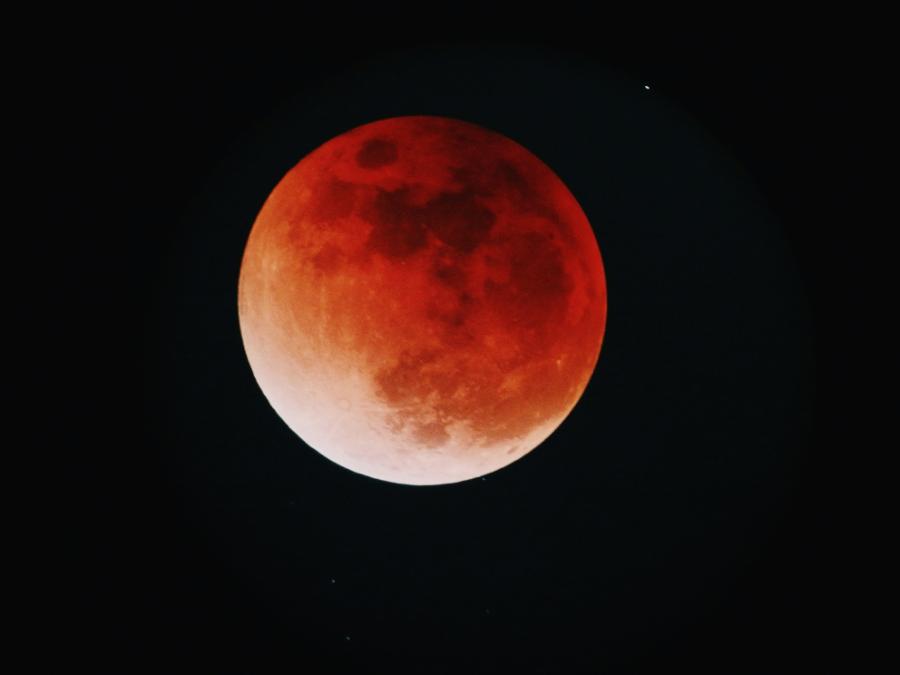The blood moon's mystique: the impacts of total lunar eclipses on humans

As we approach the total lunar eclipse on March 25, 2025, also known as a "Blood Moon," many are wondering about its potential impacts on human health and behavior. While scientific evidence remains inconclusive, the event continues to captivate our imagination and stir debate about its influence on our well-being.
Sleep and Circadian Rhythms
One of the most commonly reported effects of lunar eclipses is disruption to sleep patterns. Studies suggest that the Moon's brightness and gravitational pull may influence human circadian rhythms. During a Blood Moon, some individuals report difficulty falling asleep or staying asleep, potentially leading to fatigue and mood swings the following day.
Psychological and Emotional Changes
The Blood Moon has long been associated with heightened emotions and anxiety in various cultures. While there's no scientific proof linking lunar eclipses to health problems, many people experience psychological changes during these events. Some researchers suggest that the placebo effect may play a role, where awareness of the eclipse itself can influence how people feel.
Digestive Issues and Eating Habits
According to some traditional practices like Ayurveda, lunar eclipses are believed to impact digestion and metabolism. Some cultures advise fasting during an eclipse to avoid digestive disturbances. However, it's important to note that there's no scientific evidence supporting these claims.
Impact on Sensitive Individuals
People who are highly sensitive to lunar cycles, such as those with bipolar disorder or chronic migraines, may experience heightened symptoms during an eclipse. Some researchers hypothesize that gravitational shifts and electromagnetic changes could subtly affect brain chemistry.
Spiritual and Psychological Significance
For many, the Blood Moon holds spiritual significance. It's often seen as a time for introspection, emotional cleansing, and setting intentions. The dramatic visual effect of the moon turning red can evoke a sense of awe and prompt contemplation about our place in the universe.
Scientific Perspective
Despite the wealth of anecdotal evidence and cultural beliefs, scientific research has not confirmed any direct adverse effects of lunar eclipses on human health. Most perceived impacts are likely due to psychological influences or changes in routine rather than actual physical alterations.
Safe to view
While the Blood Moon continues to fascinate and inspire, it's essential to approach claims about its effects on human health with a critical eye. Whether you view it as a powerful spiritual event or simply a beautiful astronomical phenomenon, the total lunar eclipse offers a unique opportunity for reflection and wonder.
Remember, unlike solar eclipses, lunar eclipses are safe to view with the naked eye. So, as March 25, 2025, approaches, prepare to witness this celestial spectacle and draw your own conclusions about its impact on your well-being.